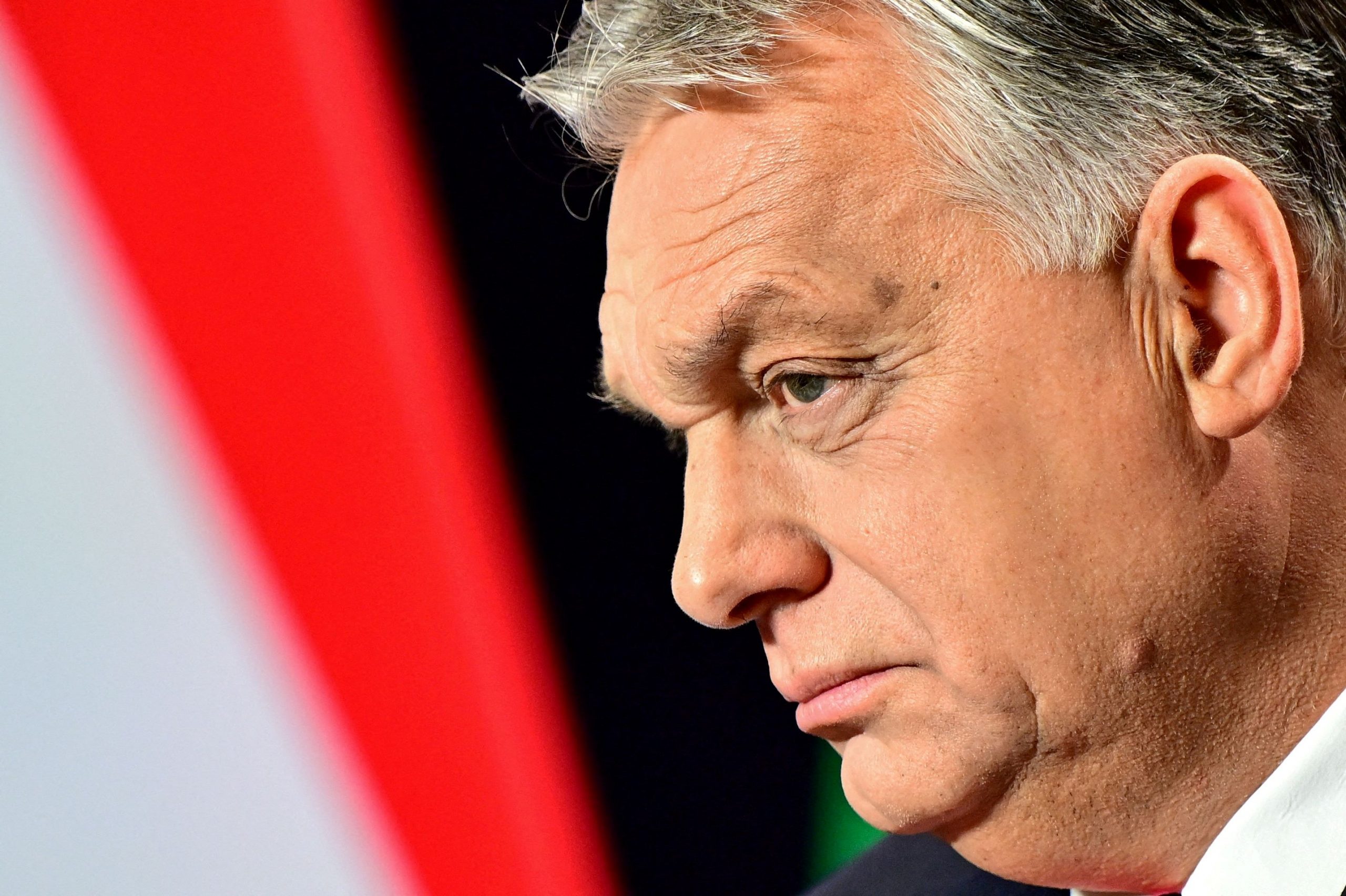No, Sweden’s accession to NATO is not yet officially a done deal. The Turkish parliament’s approval is just another step in a diplomatic saga that has been going on for 20 months. The focus of the ongoing diplomatic haggling appears to extend beyond the merits of Sweden’s bid. Both Turkey and, seemingly, Hungary are employing their veto power for broader political objectives.
Erdogan would not be Erdogan if he did not leave a back door open: he now has two weeks to put his signature under the parliament’s decision. The Turkish President has left no doubt that there is a connection between his approval of Sweden’s accession to NATO and the delivery of US F-16 fighter jets. In the coming days, stakeholders in Ankara, Brussels, Stockholm, and Budapest will closely monitor any developments in Washington pertaining to the F-16 issue.
Hungary and Viktor Orban have now become the center of attention. Even before the Turkish parliament’s decision, the Hungarian Prime Minister, marginalized in the European Union for his illiberal policies, has made it clear that his approval of Sweden’s NATO membership is no routine matter. Orban invited the Prime Minister of Sweden, Ulf Kristersson, to Budapest via social media to “negotiate Sweden’s accession” with the Hungarian Foreign Minister stating that the visit aims to “build trust.”
Hungary’s public stance on the delayed ratification of Sweden’s NATO accession has been marked by ambiguity , lacking clear and specific demands that could pave the way for a potential compromise. Foreign Minister Péter Szijjártó indicated in July 2023 that Hungary would follow Turkey’s lead on this matter. However, in September, Szijjártó shifted the narrative, suggesting that Sweden’s criticism of Hungary’s rule of law was the primary obstacle to ratification. In December, Prime Minister Orbán contradicted his own foreign minister, refuting any agreement with Turkey and attributing the delay to members of his governing FIDESZ Parliamentary Group. In fact, Orbán operates independently of his Parliamentary Group when making decisions about foreign policy.
While Orbán’s exact personal motivations are not entirely clear, he may use Sweden’s NATO accession as a trump card when seeking leverage in the EU. Notably, Hungary continues to fight for the remaining €20 billion that is frozen by the EU due to rule of law concerns. While there is no explicit connection between EU funds and Sweden’s NATO accession, Orbán may view the latter as a valuable bargaining chip capable of eliciting concessions in the ongoing negotiations with the EU. In addition, Orbán is being isolated among his Western partners in general due to the rule of law situation in Hungary, and more recently because of his leniency on Russia. Thus, he uses every opportunity to make his counterparts consult him.
Outside of crisis scenarios that prompt Orbán’s engagement with Western counterparts, securing meetings with willing partners from the West has proven challenging. Consequently, the strategic delay in Sweden’s NATO accession has served as a tool through which Orbán can effectively keep Hungary in the spotlight. This allows him to prove to his electorate that despite the claims that he is isolated in Brussels, he can still shape the agenda of cooperation or non-cooperation in the Western alliance system.
It seems Erdogan and Orban have much in common. This is not a good omen for Sweden’s swift accession to NATO.
*Dr. Ronald Meinardus is a Senior Research Fellow at the Hellenic Foundation for European and Foreign Policy (ELIAMEP) and Dr. Laszlo Szerencses is a Mercator-IPC Fellow at the Istanbul Policy Center.



